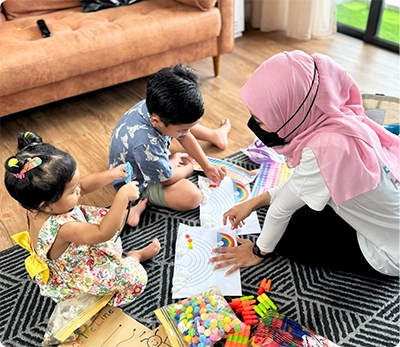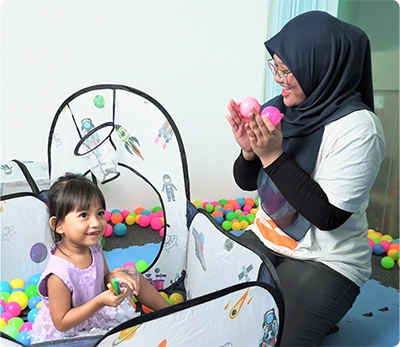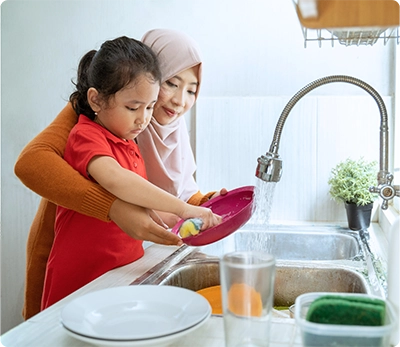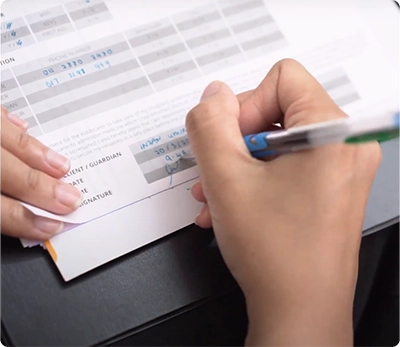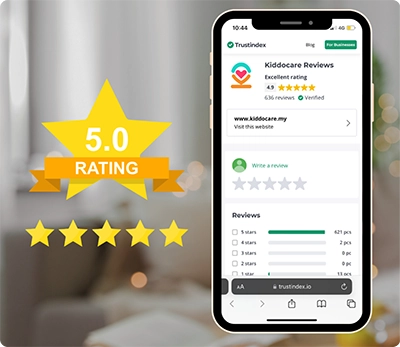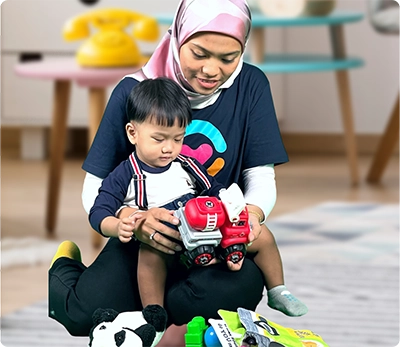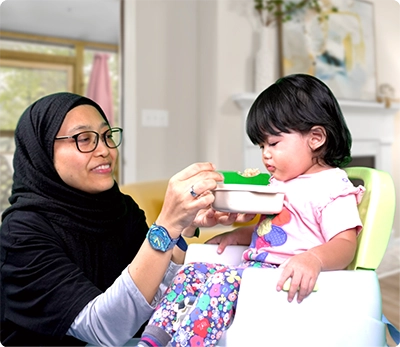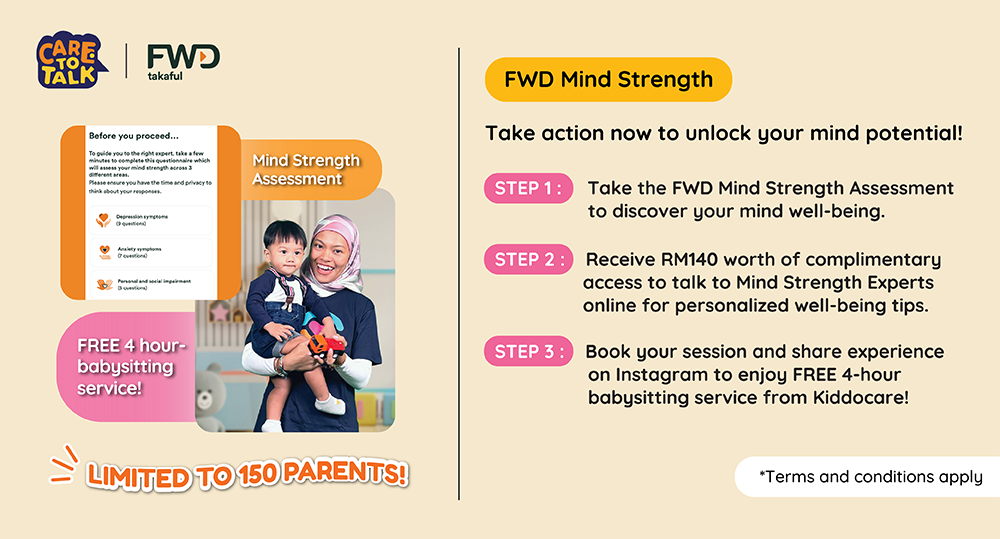International Women's Day – Childcare Is Everybody's Responsibility #BreakTheBias
International Women's Day – Childcare Is Everybody's Responsibility #BreakTheBias
Another year, another celebration. At Kiddocare, we’re always excited about International Women’s Day because it is an appreciation for what we stand for every single day.
This year for IWD 2022, the theme is, Gender Equality Today for a Sustainable Tomorrow and if you see on your social media feeds the #BreakTheBias tags, then you know what we’re talking about. For us, we shall continue to #BreakTheBias in childcare.
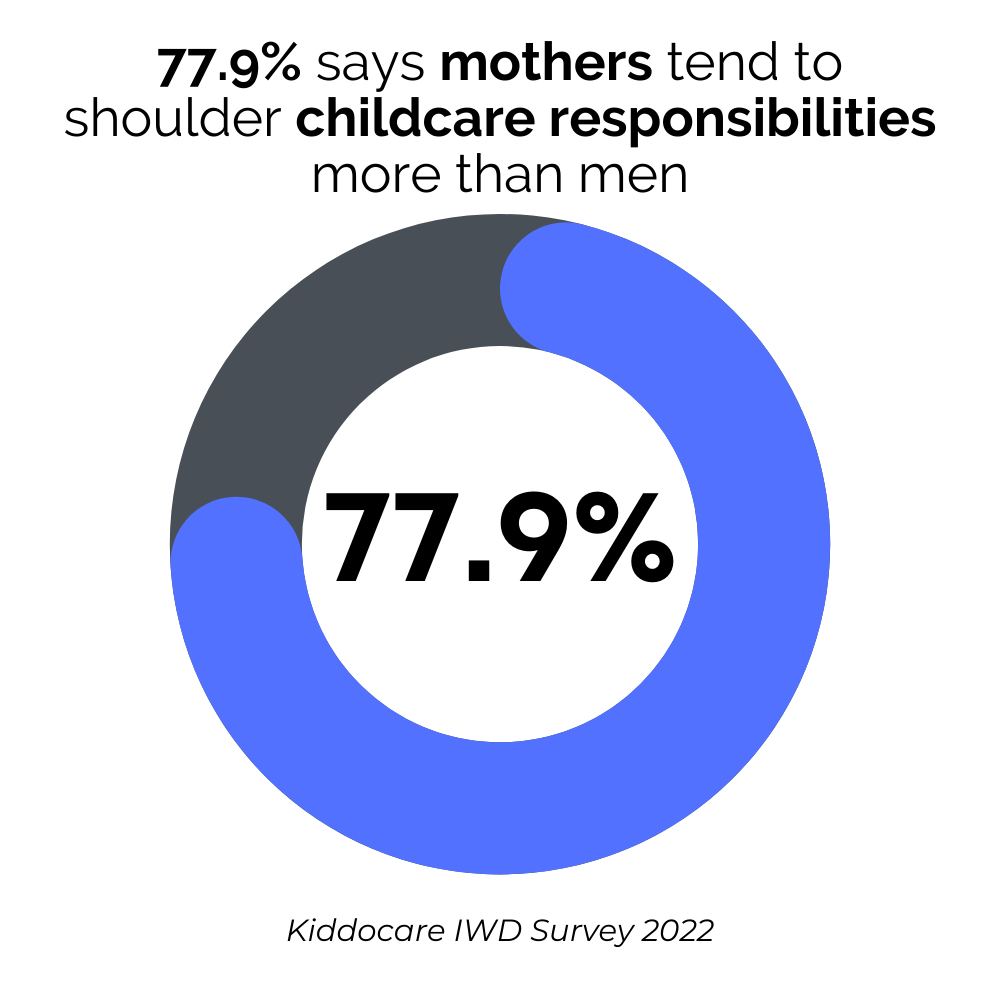 Childcare is Everybody’s Responsibility.
Childcare is Everybody’s Responsibility.
Society has been putting the role of primary care provider on women for the longest time. It is now 2022, where a woman should have a choice on how to manage her family and still be economically empowered. It’s time to embrace childcare as a shared responsibility of both genders, as well as their employers, government and the society to help enable a support system for parents.
Masculinity Can Be More
When it comes to childcare, it is almost autonomous that a woman is to be accountable for the caregiving. Mothers especially must give up everything else when a child’s need arises. That includes leaving their jobs or not considering entering the job market after graduation.
It was the pandemic that brought a little change in the work front. It could be a work from home arrangement during MCO, a job loss or a voluntary choice to leave work. Regardless, we’ll see working moms juggling everything while having to work full-time from home or providing child and home care. This is called, “double burden” or “second shift”.
The question is, how do fathers or men in general feel about this?
Perhaps we are being unfair to not consider the stress of a man, whose main responsibility is to provide for his family. Call it traditional, but this is expected of them. Consider the minority of women-led households, where these women must do it all anyway. It shows how women can be strongly independent but men, ask this question, do they want to?
It does not make you less of a man if you feed the baby, clean the toilets, get the groceries, cook lunch, pick-up your kids from school, and on top of that, work to earn your living. That’s what some women have been doing and many more are capable if, you allow them to and you share that responsibility.
 The Femininity Factor
The Femininity Factor
If you are a working mom and a single mother too at that, we acknowledge your pain. You can cope with a strong support system around you. Someone to help you clean the house, do the laundry, prepare meals, attend to the kids, support your man or your family, and also be present at work to earn a promotion, a pay raise to afford this support system.
Responsibility is also the reason why women leave the workforce to be self-employed, business women or a full-time mom (if they can afford it). In most cases, this factor isn’t forced. It is a sign of independence because relying on others comes with a price.
Emotional or not, women eventually would just choose to do it all because they have to. This decision unfortunately contributes to the rise of unpaid care and gender inequalities. How will you sustain with less income or no income? What are your options?
Are Parents Putting Too Much Pressure on Employers?
Most employers are probably thinking about what sort of benefits to give to working parents that will not affect their quality of work and most of all, disrupt their business process. Oftentimes, it comes to a no win-win situation. Half-heartedly, they let the women go to take care of their responsibilities.
There’s also a select few in the business who would suggest that policymakers are not represented by a business community who can truly help the committee agonize on the business affordability leading from more benefits.
Perhaps the, “we can always hire new talent” idea, is also something they must succumb to even if it means the rise in turnover rates. Employers too, don’t seem to have much choice or maybe just unaware of a shared responsibility solution.
 How so?
How so?
There has been a lot of voices in the job market about remote work or at least hybrid working arrangements and of a 4-day work week. Wide research has been done since the beginning of the pandemic and there are data backing increase of productivity at work and a significant reduction in cost of childcare for working parents.
With this sort of arrangement and productivity goals, working parents can afford formal childcare for a shorter period of time while sharing home care responsibilities. It is more than having a single income household, burned out stay-at-home moms, women leaving great jobs, companies losing great talents and new talent entering the workforce.
Businesses however remain skeptical of this data or yet again, likely unaware.
Would a government subsidized childcare or childcare programs in the workplace relief the burden on the cost of childcare? Could childminding standards be raised to allow for more formal childcare centres to rise? Can this further improve women’s participation in the job market? Will this encourage both men and women to share responsibilities of childcare and reduce the rate of unpaid care?
We are only here to ask you to stand with women around the world and ask for support to #BreakTheBias. We can start doing that by actioning Shared Responsibilities in Childcare.
Happy International Women’s Day to all women and their support system!




